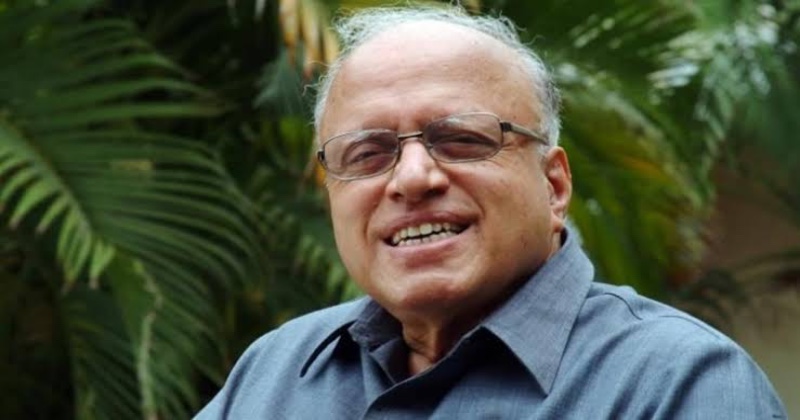
Renowned agricultural scientist MS Swaminathan, who played a pivotal role in India’s Green Revolution, passed away in Chennai on September 28 at the age of 98. Often considered the architect of India’s Green Revolution, Swaminathan was instrumental in increasing agricultural productivity in the country. His groundbreaking work in plant genetics led to the development of high-yielding varieties of wheat and rice, which significantly boosted crop yields.
Born in Kumbakonam, Tamil Nadu, on August 7, 1925, Swaminathan completed his education, including a PhD at the University of Cambridge. He began his career as an assistant cytogeneticist at the Indian Agricultural Research Institute (IARI) in Delhi in 1954. Later, he collaborated with American agricultural scientist Norman Borlaug to introduce high-yielding wheat and rice varieties during the 1960s. This initiative was crucial as India faced the threat of mass famine and depended on foreign aid. Swaminathan’s high-yield crop varieties doubled India’s wheat production in just four seasons, ultimately ending the country’s reliance on grain imports and transforming it into a self-sufficient food producer.
Throughout his life, Swaminathan received numerous accolades for his contributions to agriculture and sustainability, including the Padma Shri, Padma Bhushan, and Padma Vibhushan awards. He was also honored with the World Food Prize in 1987 and the United Nations Environment Programme (UNEP) Sasakawa Award in 1994. Time magazine recognized him as one of the 20 most influential Asians of the 20th century. In 2007, he was nominated to the Rajya Sabha by then-President APJ Abdul Kalam. In 1988, Swaminathan established the MS Swaminathan Research Foundation (MSSRF) in Chennai, funded by the proceeds from the first World Food Prize.
Swaminathan’s pioneering work left an indelible mark on India’s agricultural landscape, contributing to the nation’s journey from food scarcity to self-sufficiency, and he will be remembered as a visionary scientist who helped feed millions.

Post Your Comments